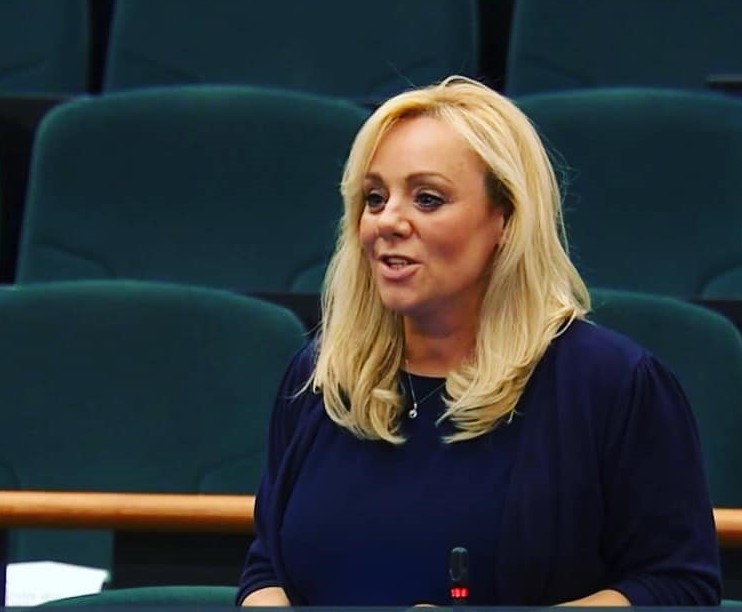A successful initiative to ban smartphones for primary schools should be rolled out across the country, a Senator has said. Senator Mary Seery Kearney said parents and principals have been the key drivers in introducing a ban on smartphones for primary schools in Greystones, Co Wicklow and this model warrants consideration for a wider roll-out. The Fine Gael Senator and Spokesperson on Children said the co-operation and collaboration demonstrated by parents and principals of eight schools in Greystones has children’s wellbeing and safety at its core and could appeal to countless other communities around the country.
“The ‘No Smart Device Voluntary Code’ initiative encourages parents and guardians to collectively agree to postpone the purchase of smart devices for their children until they go to secondary school. This includes smartphones, smart pads, and access to age-inappropriate apps such as Snapchat, Instagram, WhatsApp, TikTok, and Discord,” Senator Kearney said. “Many parents have a lot of concerns about their child’s well-being and safety when they allow them to use smart devices. “We have all heard stories of children feeling excluded, being bullied and experiencing low self-esteem when they are constantly being faced with updates on what all their peers are doing and who they are socialising with. In tandem with that, there’s potential exposure to harmful or inappropriate content, which brings a whole other set of problems.
“By coming together, parents, teachers and principals devised and introduced this code, which means all children in the area who attend the same schools won’t experience the dreaded ‘Fear of Missing Out’ (FOMO) by not having a phone or tablet. None of their classmates will either. And it’s not just primary school parents and teachers who have been taking action. “Last year Pobailschoil Corca Dhuibhne in Dingle became the first secondary school in Ireland to introduce a system designed to limit students’ access to their mobile phones during school hours.
“As students enter the school building they are required to place their phones in specialised pouches which are then secured by magnetic lock. The phone can only be released from the pouch by returning to a device outside the building and holding the pouch against it to deactivate the lock. “Both these communities are to be admired for their collective foresight and courage and they have shown the power of parents, teachers and guardians have by coming together to create solutions that can only benefit our younger people.
“As of this year, we now have our first Online Safety Commissioner and she is empowered to hold online services to account for “how they tackle the availability of some of the most serious forms of harmful online content” and oversee the introduction of an individual complaints mechanism,” Senator Kearney said. “I have written to the Online Safety Commissioner and the Ministers for Children and Education to ask them to meet with me to explore the possibility of developing and introducing a pilot programme which would enlist more schools onto the ‘No Smart Device Voluntary Code’ initiative.
In recent days, the Netherlands have introduced a ban on phones, tablets and smartwatches in all classrooms from 1st January 2024. Senator Kearney said, “The only permitted devices are those required for lessons, medical reasons or for people with disabilities. Their rationale is that devices are undermining concentration and are a distraction. Our Government should give this strong consideration too.”
“Childhood is precious and all the more fleeting now. We have a duty as parents, guardians, teachers and legislators to provide as safe a space as we can for children.
“Not allowing them to have mobile phones or smart devices while at least in primary school is one thing we can do – but we need buy-in from all. I want to see if this is something that’s achievable on a broader scale.”


